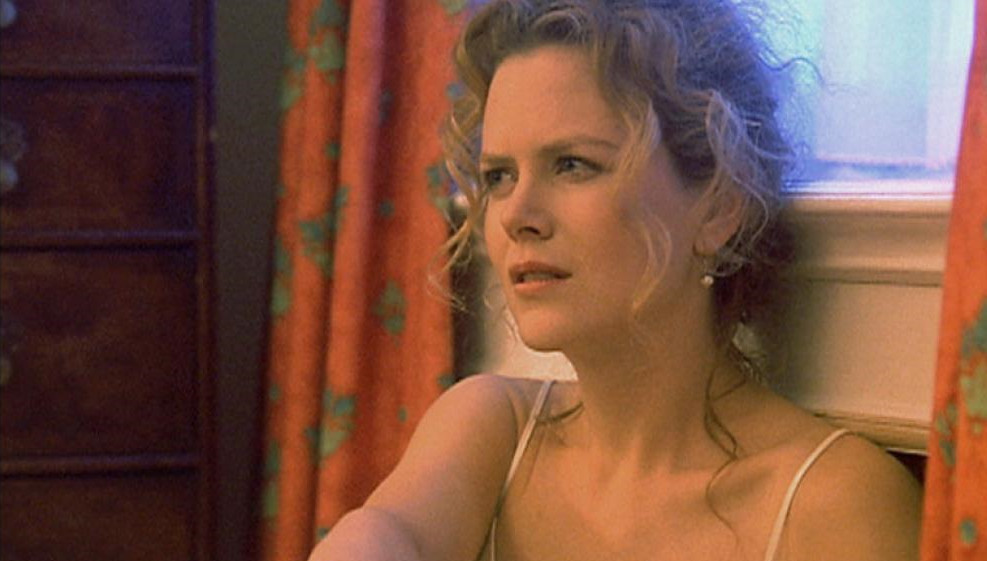
A sentiment I’ve heard expressed from many artists is that you don’t always get recognized for what you should. Both critics and the public tend to digest certain material easier, yet this doesn’t mean that material is the artist’s best work. Film, an artistic medium with a clear commercial component, is obviously a part of this dynamic. This list contains 10 directors I feel have had their best work undervalued by critics.
Some guidelines for this list: By critically acclaimed, I mean consensus from film critics, award nominations, and presence on significant lists (AFI, Sight and Sound, etc). It’s not the most cut and dry definition, so you may disagree with me on what exactly is a directors most acclaimed. I did try, though, to select directors where it was both more obvious, and where my pick is not a part of what most consider their best.
Also, the order is loosely where I’d rank these directors, but I wouldn’t put too much emphasis on that. My number one pick is the only real intentional ranking, as I felt it most deviates from the critics.
10. Jason Reitman – Young Adult
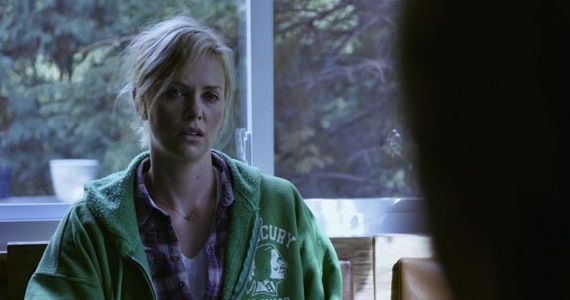
Reitman had a hot start to his career. Thank You for Smoking, Juno, and Up in the Air were all well-received, the latter two even nominated for Best Picture. Yet his fourth film, Young Adult, is the best of them all. I’d attribute its less than stellar reception to an unlikeable lead character, and an ambitious, yet tough to swallow ending.
Despite what critics might suggest, these wind up being some of the film’s greatest strengths. Sure, main character Mavis Gary (brilliantly played Charlize Theron) is a world-class asshole, but she’s an entertaining and interesting asshole. Reitman slowly and cleverly reveals her demons, leading to a climax so uncomfortable you’ll want to look away.
As for the ending: it’s the daring decision Reitman had to make as far as I’m concerned. It’s anti-Hollwood, anti-mainstream, and totally frustrating, but it’s the honest conclusion for this story. Combine that with a poignant performance from Patton Oswalt, and Reitman’s typical humor, and you’ve got one of the most underrated films from the 2010’s, and Reitman’s best to date.
9. Jacques Demy – Lola
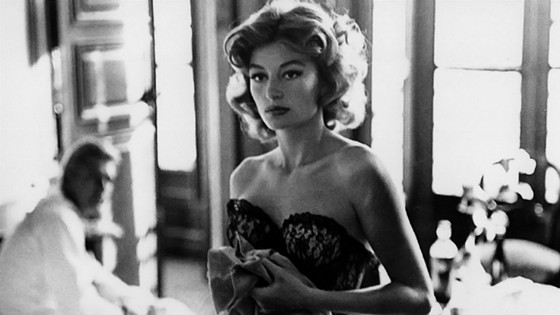
If you’re into musicals then you’ll probably hate this pick, and that’s understandable. I have a ton of respect for what Demy accomplishes with The Young Girls of Rochefort and Umbrellas of Cherbourg, specifically the dazzling visuals.
The stories are relatively lightweight, though. Lola, on the other hand, is a deeply humanistic work. It’s a poignant film about romance and desire, with the added bonus of characters who can intelligently articulate what they want and why. It’s a refreshingly honest film that unfortunately gets overshadowed by Demy’s musicals, as well as other, more famous films from the early 60’s (like that Godard one…)
8. Christopher Nolan – The Prestige
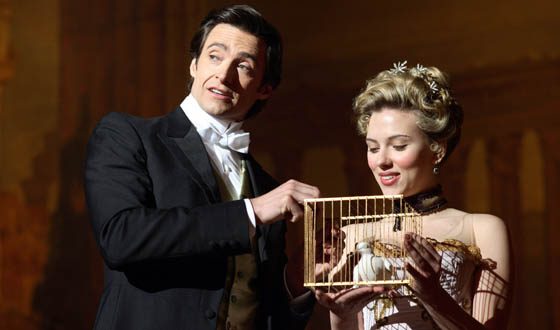
Memento put Nolan on the map. The Dark Knight Trilogy made him a household name. Dunkirk almost earned him a gold statue. It’s his tale of rival magicians, though, that best showcases Nolan’s talents as a director. The non-linear structure and deception (so fitting for a film about magic) that is present in nearly all of his films is used to perfection here, but you could argue it’s used just as well in Memento. Where The Prestige separates itself is the thematic richness.
Just as he does with dreams in Inception, Nolan uses magic as a parable for filmmaking. So underneath the magician’s personal rivalry are layers concerning the obsessive nature of making films, and the personal sacrifices artists make. Nolan’s dialogue, a point of contention among many, works perfectly in The Prestige, as seemingly every line has a double meaning or foreshadows secrets later revealed.
And outside of Heath Ledger’s Joker, you won’t find better performances in Nolan’s filmography than Christian Bale and Hugh Jackman as men so committed and obsessed with their craft that any semblance of normalcy is quickly thrown out the window. The Prestige is a stone-cold masterpiece that only gets better with repeated viewings.
7. Jean-Luc Godard – Contempt
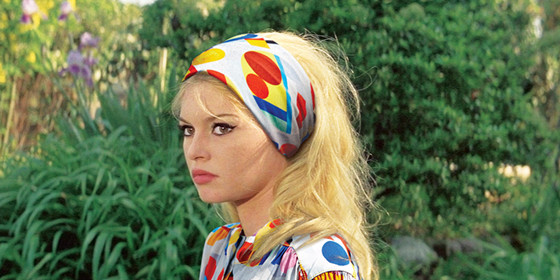
Breathless, Breathless, Breathless. We get it. Game changer. Major Influencer on contemporary cinema. I don’t want to take anything away from its historical significance, but I’m sorry, Godard made better stuff. Perhaps nothing is as good as Contempt, a film that oddly feels very much a part of the New Wave, while simultaneously maintaining some distance from it.
There’s an almost operatic feel to it, where the pressure of big budget filmmaking is made palpable by one of cinema’s great, sweeping scores, a fake adaptation of The Odyssey, and a marital dispute that feels like it’s still going on. A lot of Godard’s work, Breathless being one example, feels more like experimentation than assured storytelling. Contempt is the best of both those worlds.
6. Coen Brothers – The Big Lebowski
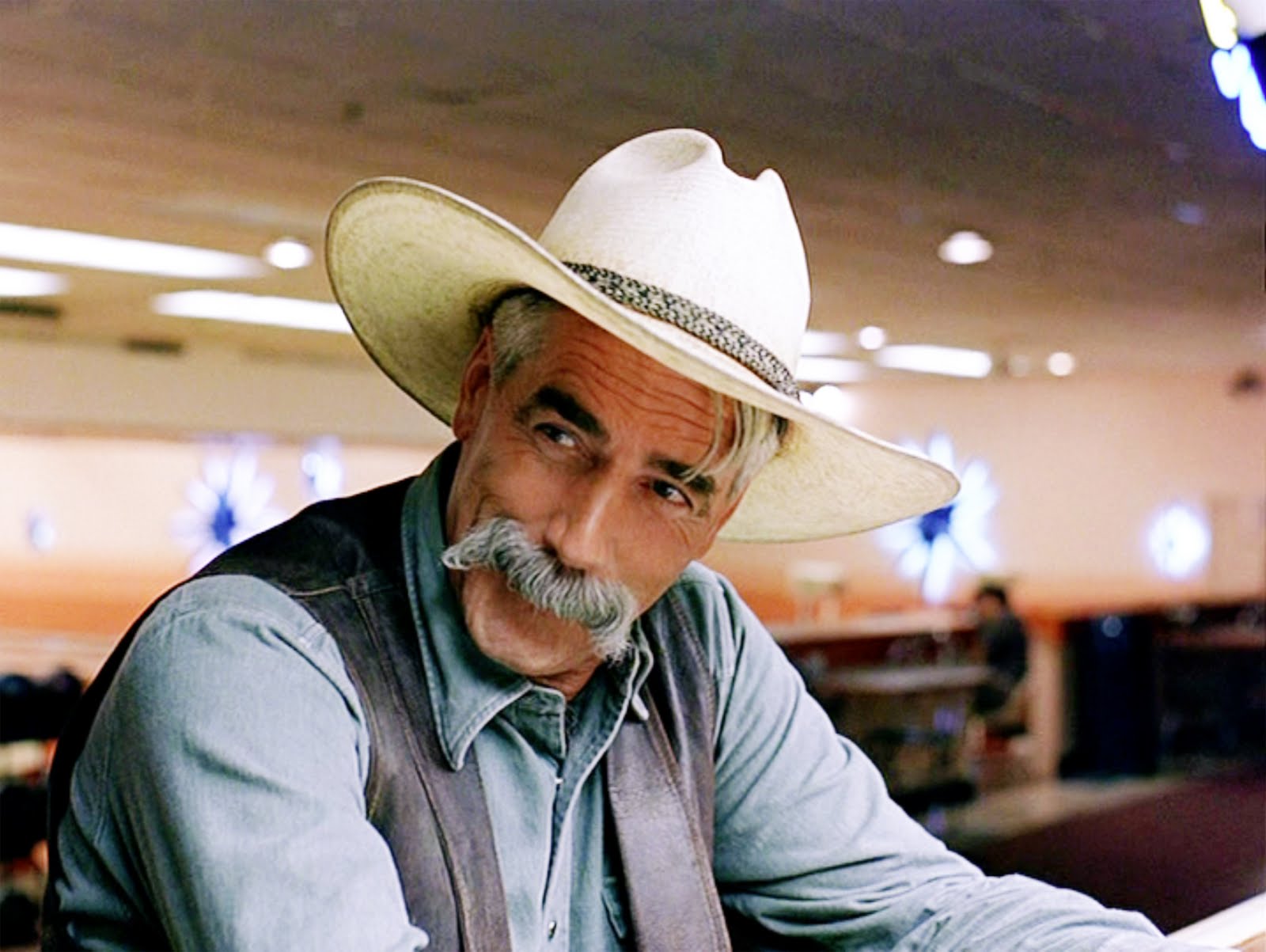
This one may be a bit of a cheat, considering Lebowski is arguably the Coen’s most popular work, but since it definitely isn’t their most critically acclaimed I think it’s fair game. As great as No Country for Old Men, Barton Fink, A Serious Man (totally underrated gem), and Fargo are, I’d put money on Lebowski being the film we’re still talking about in 50 years. Is it a stretch to call this the most watchable film ever? I don’t think so.
No matter how many times you see it, it feels alive in a way most films never even approach. The Dude. Walter Sobchak. Maude. Brandt! Every character is so fully fleshed out that they feel like people you already know from an alternate and bizarre universe. If you asked 100 people what their favorite moment is, you might get 100 different answers. That’s the magic of Lebowski. Where most films are lucky to have one iconic scene, The Big Lebowski is made up of nothing but.